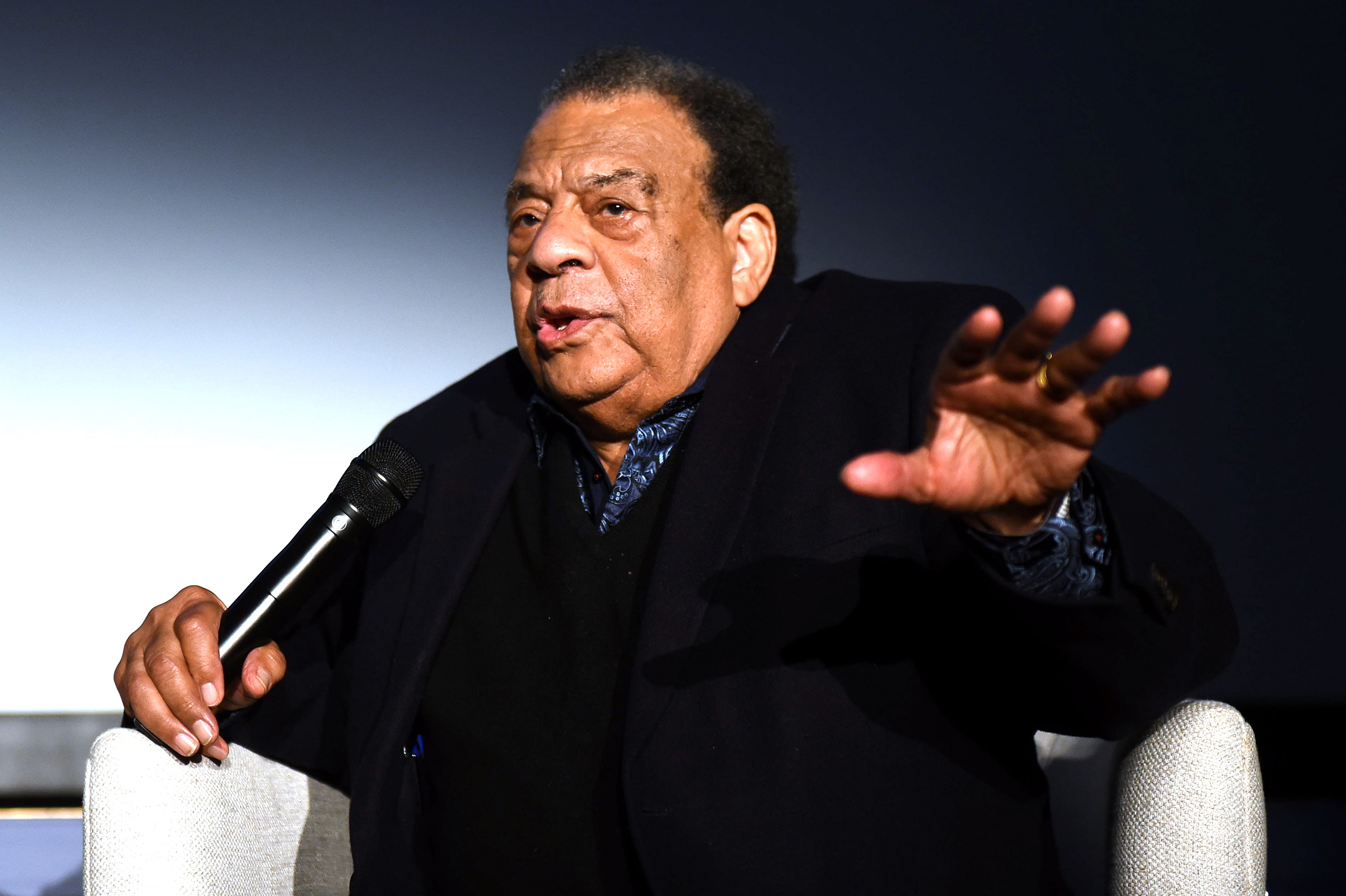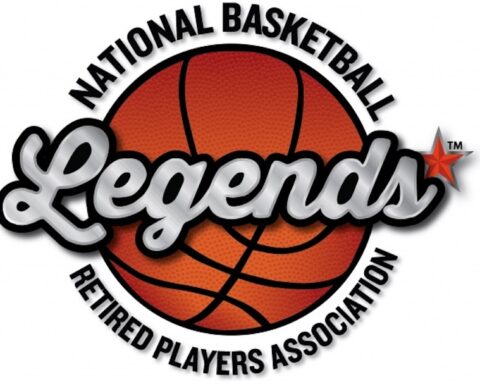Courtesy of A.Press
A new scholarship program for students at historically black colleges and universities bears the name of former United Nations Ambassador Andrew Young.
Young, along with Georgia legislators, civil rights leaders, students and others gathered Friday on the steps of the Woodruff Library at Atlanta University Center to celebrate the creation of the new Andrew Young HBCU Scholarship program.
McGraw Hill Education, an arm of McGraw Hill publishing, put an initial $50,000 into the program, which will fund 10 first-year students next fall who plan to attend an HBCU. Scholarship recipients will also complete a civil rights curriculum designed by Good of All, an organization that promotes universal human rights.
Sean Ryan, McGraw Hill’s president, said that there is more financial support to come.
“Every young adult needs a fair chance,” he said.
Young, who graduated from Howard University in 1951, said he probably never spent more than $400 a semester for his education and graduated debt-free. Today, the U.S. Department of Education estimates the average cost of collage in the United States is $35,550 per student per year, including books, supplies and daily living expenses, The Atlanta Journal-Constitution reported.
“The challenge today is how do you get an education and get a job to help pay you to pay back all of that money you borrowed that is going to leave you in debt,” the former Atlanta mayor asked. “College should not destroy your credit rating and set you back before you start.”
HBCU students on average graduate with more debt since a higher percentage of them are from lower income households.
The idea behind the scholarship program came from Matt Daniels, the chair of the law and human rights division at the Institute of World Politics in Washington, D.C. He helped develop the “Civil Rights: A Global Perspective,” curriculum that is funded by McGraw Hill and is included in its new American and world history textbook series. It addresses the rising violence present in the U.S. by examining the non-violent principles of the Rev. Martin Luther King Jr.
“We want to use this to plug the gap,” Daniels said of the scholarship. “For many students, HBCUs are usually the first ladder out of poverty.”
“When we have this kind of support from a major corporation … we know it’s a good investment,” Young said. “It’s a good investment for them. And it’s certainly a good investment for us.”


